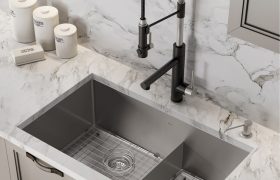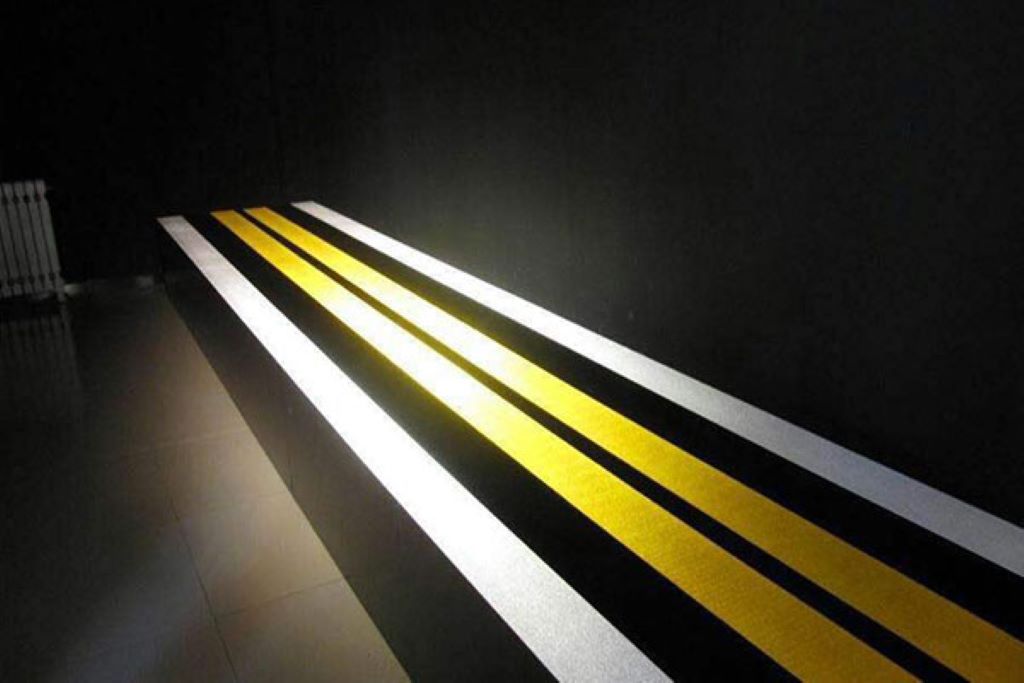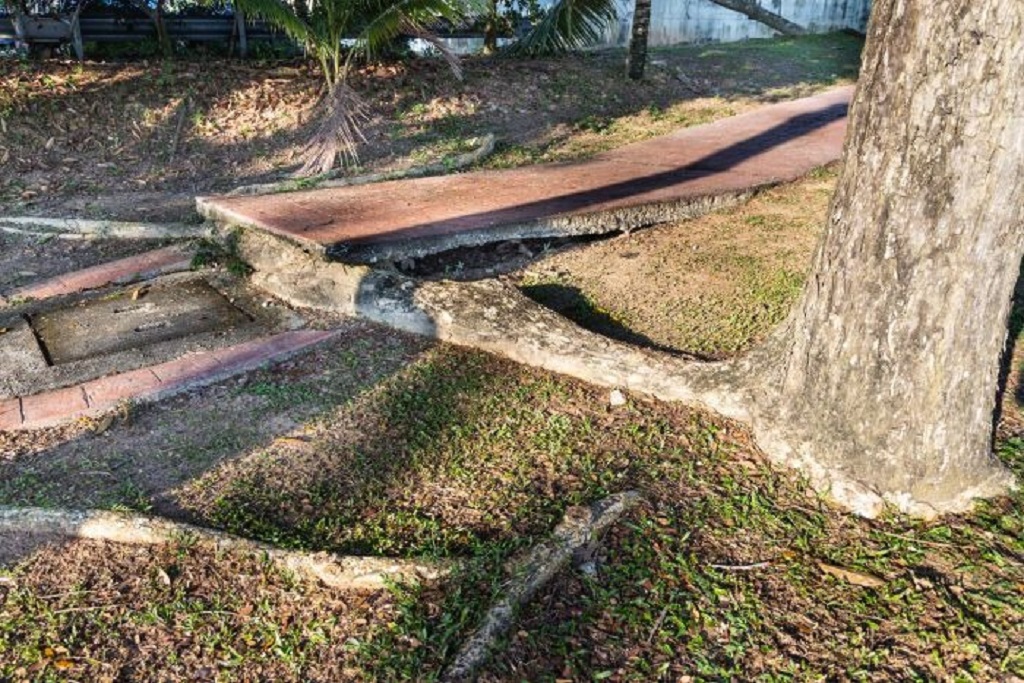Tiles make an essential part of the flooring and wall. Their attractive designs, colors, sizes, and shapes can add character to any corner. But not every tile can be suitable for wet conditions. You have to be more careful about the choice, especially if you need it for your bathroom. You would want to check its water absorption ability. Nonvitreous materials like terra-cotta may only be better for accentuation. However, impervious or vitreous tiles can adorn your shower walls and other bathroom areas where water splashing is an everyday affair. Then, you also have to decide the finish. While glazed surfaces don’t absorb water, unglazed can lack resistance. To be precise, there can be numerous factors to consider before making any move.
Most large-scale bathroom renovation projects include flooring work. Knowing about tiling options can come in handy if you plan to refresh your room. So, here is a quick overview of the same.
Types of bathroom tiles for floors and walls
Ceramic or Porcelain
These are clay-based materials shaped and kiln-fired on high flames. The glazed surfaces can be ideal for bathrooms. Some choose 3×6 inches of subway tile for classic appeal. Nevertheless, you can expect tremendous varieties in shapes, sizes, colors, and designs. Some of them bear digital prints for a high-end look. So you can select any of them based on your requirement. Maintenance doesn’t have to be a headache with them. You can use any mild detergent with water to wipe them clean. You may have to pay anywhere from USD $3-USD $25 per sq ft for these tiles. The cost doesn’t account for installation.
Glass
The elegance and reflective character of the glass tiles can be the game-changer. You can find them in the form of mosaic in many colors. Some bathrooms apply them for accent walls. Since these are delicate, it can be safe to use them on walls or floors with low traffic. You don’t have to worry about water absorption and staining issues with them. But cleaning can be laborious as these come in smaller sizes with many grout lines. Glass tiles can be available in the range of USD $4- USD $50 per sq ft. High-end designs can be expensive, costing around USD $160 per sq ft.
You can do the background wall with glass tile in the sink area before choosing a spa style elegant sink. The combination can instantly lift the whole vibe of the bathroom.
Marble
It comes from limestone that has to face the process of crushing and heating for many years. Marbles are traditional choices, known for their luxuriousness and sophistication. You can get the high polished version of them in many sizes. Something with veins and patterns can create more visual interest, which you can leverage to enliven your bathroom ambiance. But this flooring requires occasional resealing to avoid stains. Also, you cannot use acidic cleaners on this surface. You can buy this material at the rate of USD $15- USD $85 per sq ft.
Slate
This fine-grain stone material emerges from clay and shale after going through the heating and pressure treatment. Since these boast textured surfaces, you can depend on them to offer excellent slip resistance. You can use this material on walls, floors, and countertops. With this, you may have to deal with regular resealing work to restore its shine and matte appeal. Generally, slate costs around USD $4- USD $15 per sq ft.
Travertine
It is a multilayer stone obtained from minerals that mix with groundwater and emerge from crusts. You can expect many earthy tones in them. If you want to make your bathroom soft and attractive, this can make a perfect pair for your walls and floors. The standard size of the tiles can be 12-inch or 16-inch in a square shape, costing around USD$3- USD$10 per sq ft. The price range doesn’t include installation charges. You can clean it with a mild soapy solution and water. Also, it requires resealing once in a few years.
Limestone
You can get this natural stone in exciting colors of beige, yellow, and brown. For countertops and flooring, it can be an ideal match. The main challenge is resealing, which has to happen every two years. You cannot use acidic cleaners on this surface. Only something made for natural stone can be the safest cleaning solution. You can find this tile for USD $2- USD $11 per sq ft.
Terra-cotta
It is a low-density and porous surface. Hence, you can fit terra-cotta in dry areas only. But glazed varieties can adorn walls and floors in square or hexagon cuts, even in wet surroundings. You can keep them spic-and-span with dish soap. However, regular resealing can be a headache with this one.
General tips for grout cleaning for bathroom tiles
No matter what you select, one thing is sure that most flooring work will have grout lines, which can quickly turn dirty. If you want to keep them intact for the sake of floor tiles, you have to pay attention to their cleanliness. Some simple habits can come in handy in this matter. After every bath or shower, you can mop the floor and wall tiles to eliminate excess moisture. When it comes to proper cleaning, you can use a mild shower cleaner with a large amount of water on the surface. Such a daily cleaning routine will reduce your scrubbing time because of the relatively reduced amount of dirt and grime visible to the eyes. However, don’t ignore deep cleaning to avoid any significant buildups in the tricky nooks.
Shopping for floor and wall tiles for the bathroom can be fun and time-consuming too. Varieties can overwhelm you. But don’t focus on options. Compare each of them against different traits to figure out what your bathroom needs the most. The waterproof ones with slip resistance have to be the priority. Following things can be design, shape, size, and colors. It should not only increase your bathroom’s beauty but long-lastingness, too, while ensuring your safety against falls. Of course, your budget will also be a critical factor in this selection.




